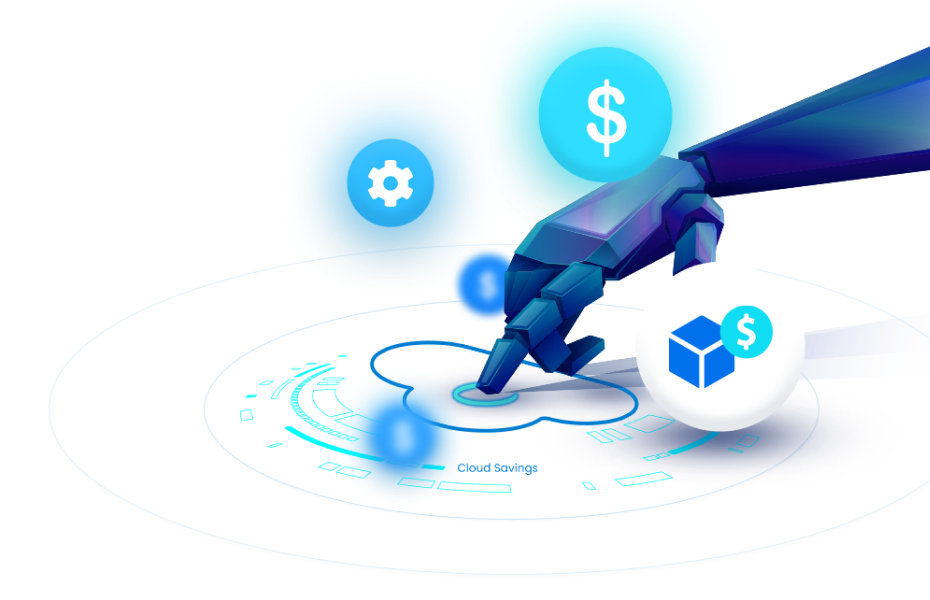DevOps teams deliver products securely and quickly. Teams have had to adopt revolutionary development strategies such as containerization to see faster deployments. Thanks to a revolutionary containerization technology, organizations can easily manage and scale application development.
AWS (Amazon Web Services) containers are a more reliable, faster, and easier way to package your application code when building workloads in the cloud. Running applications on containers makes them highly portable and increases development speed.
AWS provides the ultimate platform for organizations to run their containers. There are various AWS container services that your development team can utilize to deploy applications faster. These include:
Amazon Elastic Container Service (ECS)
Amazon ECS is a fast, highly scalable container service that allows AWS users to run and scale Docker services. This fully managed orchestration service enables you to concentrate on managing applications rather than your infrastructure.
You can use AWS ECS without having to operate your cluster management infrastructure. It delivers autonomous container operations by leveraging serverless technology from AWS Fargate. With AWS ECS, there are no Instances to scale or patch, or nodes and control planes to manage. The serverless technology minimizes the time spent on security patching and configurations. With AWS ECS, you can build applications rapidly and enhance your business productivity.
AWS Kubernetes Elastic Service {EKS}
AWS Kubernetes Elastic Service is the best way to run and scale Kubernetes. This service leverages Kubernetes, an open-source tool, and all its applications are compatible with Kubernetes-standard applications. Like ECS, you can run EKS without installing it and maintain your control panel.
Amazon EKS integrates with a suite of AWS services. In addition, it has its worker nodes across various availability zones to enhance scalability during development.
Another benefit of EKS is that it runs in multiple availability zones, eliminating the single point of failure and improving overall reliability. Also, it identifies and replaces any unhealthy nodes.
You can use Kubernetes for the following:
- Building and running web applications
- Managing applications across hybrid environments
- Modeling machine learning workflows
AWS Fargate
AWS Fargate provides a compute layer to run both EKS and ECS. It is a serverless container service that allows users to run containers without managing provision, scale, or configure clusters of virtual machines.
With AWS Fargate, you don’t have to deal with EC2 Instances, as it acts as a compute engine for workloads. It hosts, launches, and scales containers on your behalf, allowing you to focus on building applications.
Amazon Elastic Container Registry (ECR)
Amazon ECR is a container registry service that allows users to manage and deploy container images. It will enable you to save configurations quickly and move into production environments, minimizing the overall workloads. With Amazon ECR, you don’t have to operate your container repositories.
Amazon ECR provides APIs (Application Programming Interface) and CLIs (Command Line Interface) to manage ECS and the container infrastructure. The main difference between ECR and ECS is that ECR provides the repository to store code while ECS takes and uses the files in application deployment.
Choosing the Best AWS Container Services for Your Workloads
Each of these AWS container services has its benefits. Therefore, choosing the best service is imperative to stellar application development. Here is a summary of selecting the best container services:
- ECS is the right choice if you are looking for a mixture of availability and scalability
- If you want a container service with more compatibility, it’s best to choose Amazon EKS
- If you’re going to run simple applications without losing availability and scalability, AWS Fargate is the right choice
nOps provides users with a secure and reliable platform to build, manage, and deploy resilient workloads on AWS. At nOps, you will gain deeper visibility into your cloud resources so you can make the right choices to optimize costs and performance.
Start a nOps free trial today or schedule a demo to get started!
.png?width=1920&height=1080&name=Landscape%20(4).png)









